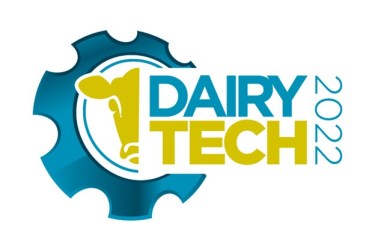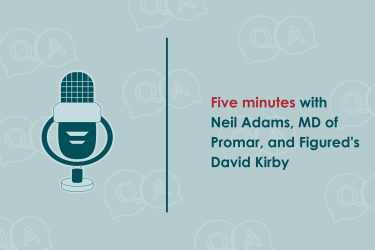By Laura Putt
As farm businesses face more paperwork and legislation than ever before, the role of a farm business analyst is vital. For me, it’s the best job in the world. I’ve grown up in a farming family and have always known I’ve wanted to be involved in farming. My agricultural degree and my love for being organised made this role a perfect fit!
Arriving on farm
Most days you’ll catch me out and about on-farm. Often, the farmer will know you’ve arrived because the farm dog will be running and barking to greet you. You tend to have little defence to those pesky muddy paws when you’re lugging your laptop bag into the farmhouse. For me being a huge dog lover- it’s the best greeting.
I’ve been with Promar for two years now and I cover farming businesses in the South West Region including Devon, Dorset, Somerset and Cornwall. Travelling is essential for this job therefore I always embark on the country route.
We do anything from;
- VAT Returns,
- Providing support for inspections,
- Monitoring Cashflow
- Bank Payments,
- Management Accounts,
- Payroll,
- and Livestock Records
For me every day is different!
Day to day
Quite often you’ll be battling for the paperwork, but not from the farmer – generally, the farm cat sat on your big pile of invoices.
Often, you’ll catch the farmer having their breakfast after their morning jobs and will have a catch up on all the goings-on from the past few weeks.
Farm to farm varies a lot, sometimes you’ll arrive with the paperwork perfectly organised into piles of income and expenses and others you spend the first hour of your visit clearing a space for you to set up your laptop and sort the unopened post so you can make sure you have everything to complete the visit.
You generally have a few hours to get the paperwork done and it’s completely cleared for another few weeks once we’ve been. It’s a huge weight lifted off the client’s shoulders when the VAT has been submitted and the filing is done.
You’ll be offered copious amounts of tea and coffee and you’ll be given all sorts of snacks from chocolate biscuits and fresh pastries from the Aga. I tell you now it’s extremely difficult to maintain a diet in this job. One of my farmers would even offer me ice cream after lunch!
Often the visit doesn’t run entirely smoothly, there will be missing invoices and suppliers that may not necessarily balance with a payment. It’s our job to ensure everything reconciles by taking the time to go back through past statements and invoices or phoning the supplier for the missing invoices.
It’s always a good feeling when you’re puzzling over why a payment doesn’t match a statement. Then finally working out the farmer has overpaid, and you can save your client some money. Making problem-solving a crucial part of my role, sometimes I am on the farm until 8 pm ensuring livestock numbers are correct.
Management Reports
We often leave management reports for our clients, a direct benefit of regularly scheduled visits and accurate inputting on FBA. Reports are specific to individuals’ requirements, and we can run them against last year’s actuals and set budgets.
Examples we regularly use include:
- Cashflow Reports: To carefully follow cashflow needs
- Profit & Loss Reports: Beneficial for Accountants use
- Debtors/Creditors Report: Split into Ageing Groups and Totals
Being part of the Promar Team
As a business, we also meet monthly at team meetings with our Promar consultants to discuss ideas moving forward. We meet for training at least once a quarter, this keeps us up to date with HMRC updates and new legislation.
Our busiest time of the year is between the months of April and July. In this time, we process most of our year ends. It can be quite challenging alongside maintaining regular visits so it’s extremely important we stay organised.
Annual reports and summaries
The Annual Report is a brilliant resource for the farmer to monitor and plan their business.
It’s broken down into a business summary reporting financial performance and gross margins for each enterprise. The report can be used by accountants as a one-stop package for the information they require to process the tax accounts.
Additionally, the summary can also be used for analysis by the client’s consultant or bank. Therefore, it’s vital the data is accurate so data can be used to its fullest extent.
It’s extremely rewarding to be a valued member of any farm business. Especially when it comes to the farm office, quite often clients like to concentrate on what they excel at – and that’s farming.
If you find your paperwork difficult; then take a load off your mind by contacting your local farm business analyst.







